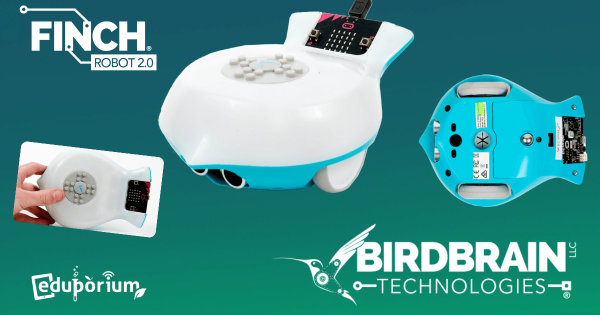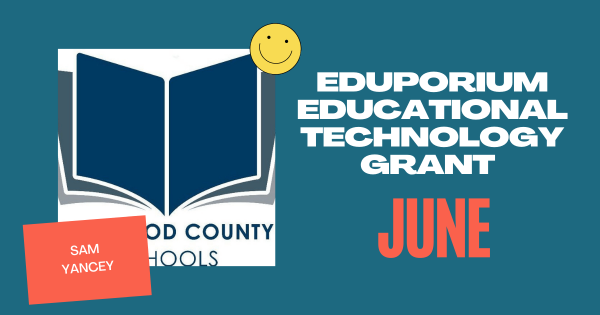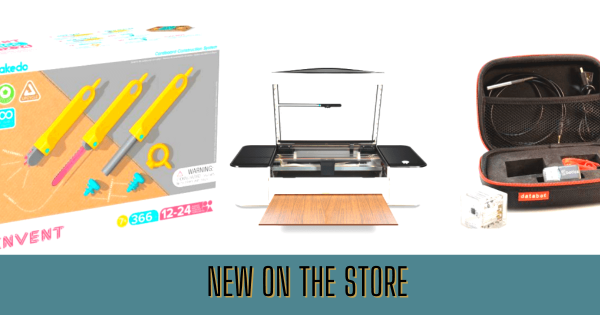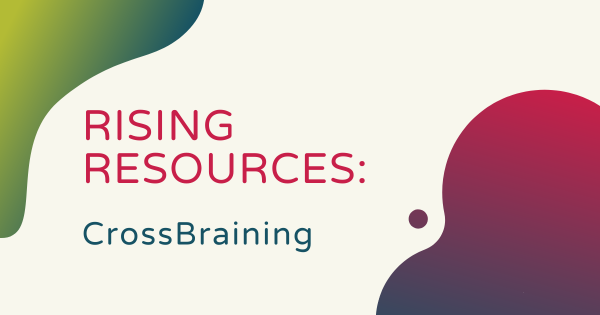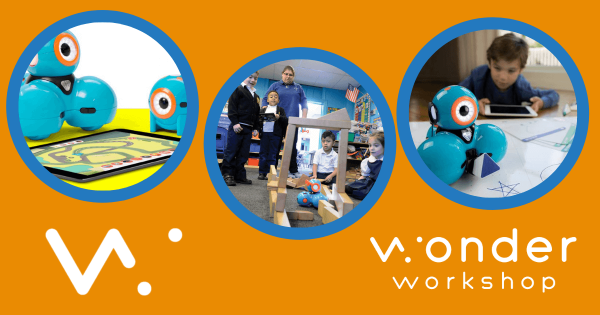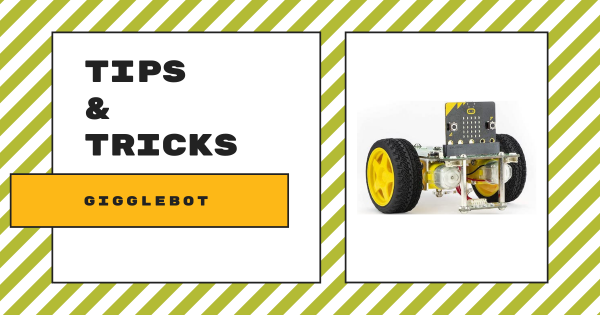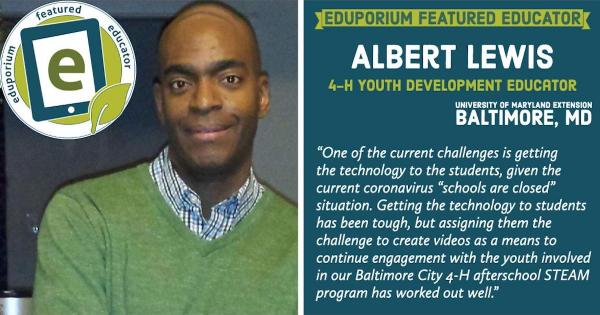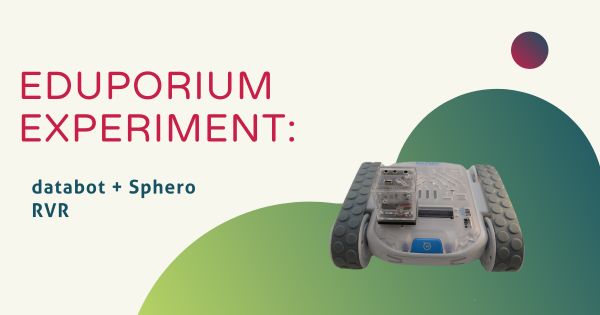State officials and education leaders are starting to announce their plans for reopening schools in the fall. While we know that students and teachers returning to the physical classroom is ideal, there are plenty of opponents to this course of action who think it will be unsafe. There are so many things for school leaders to consider as plans remain
Eduporium Blog
-
Get To Know The Finch 2.0 From BirdBrain Technologies
Modeled directly after the original Finch Robot, this latest version provides teachers with a more robust option when introducing students to computer science and key STEAM concepts. It’s even viable in all levels of education from kindergarten to college and utilizes the micro:bit V2 for its processing power. Read on for more about the Finch 2.0 and its six coding -
Virtual STEAM Camp: Read More About Our Grant Award For June!
Once again, we’re excited to share some news about the latest recipient of the Eduporium EdTech grant for the month of June! For the latest grant, we have chosen Sam Yancey, who’s a longtime gifted education teacher in the Haywood County School District in North Carolina! Sam is an avid lover of STEAM education and has used an extensive list -
Eduporium Weekly | What's New On Our Store?
Whether you’re looking for some new options for summer STEAM activities or actively on the hunt for some new classroom tools for once you’re able to get back, we pride ourselves on offering the largest variety of EdTech, STEM, and MakerEd tools all in one place. We’ve added new options from Sphero, MakeDo, Glowforge, and databot (among others). -
Rising Resources | CrossBraining Video Assessment
Replacing face-to-face interactions and social experiences is essentially impossible. Video conferencing, however, has been used in an attempt to make learning feel more normal and, while we hope that the days of distance learning are behind us, there definitely remains a possibility that it’s staying. So, this week’s Rising Resources post is on CrossBraining. -
Eduporium Team Donates Robot Kit Following Virtual Summit
We were fortunate to sponsor a Virtual Summit session led by fourth grade teacher, Jasmine Saab, and give away a Wonder Starter Pack to one lucky attendee! That attendee would end up being Imani Malaika-Mehta, who is the executive director of the KC Creators Club in Kansas City, and put this post together about her experiences with teaching STEM. -
Eduporium CEO on BLM March: It’s a Teaching Opportunity
For Rick, participating in something of so much significance provided a great teaching opportunity for him and a great learning opportunity for his two young children. Shortly after the march, Rick spoke with a reporter from the Boston Business Journal and they published the dialogue of the interview earlier this week. -
Tips & Tricks | Dexter Industries' GiggleBot
The GiggleBot is the main component of this micro:bit-powered robot and construction kit. It boasts a variety of programmable features, including its brightness sensor, LEDs, motors, and a line following device. Children can assemble it in as little as five minutes and it includes everything that they’ll need—just connect the batteries, micro:bit, and wheels to get started! -
Eduporium Featured Educator: Albert Lewis
We spoke with Albert Lewis! Albert works with students in the 4-H Youth Development Program as part of the University of Maryland Extension in Baltimore City. He loves using STEM to connect with the students he works with and, even in the midst of the coronavirus pandemic, he’s helped them find creative ways of using technology in their learning. -
Eduporium Experiment | databot And The Sphero RVR
The databot is a small, programmable robot outfitted with an array of built-in sensors that are constantly capturing real-world data. Students can use this data to create programs for the small, cube-like databot to execute. It works with the Google Science Journal platform, but the databot Robot is also compatible with another powerful STEAM tool: the Sphero RVR!




